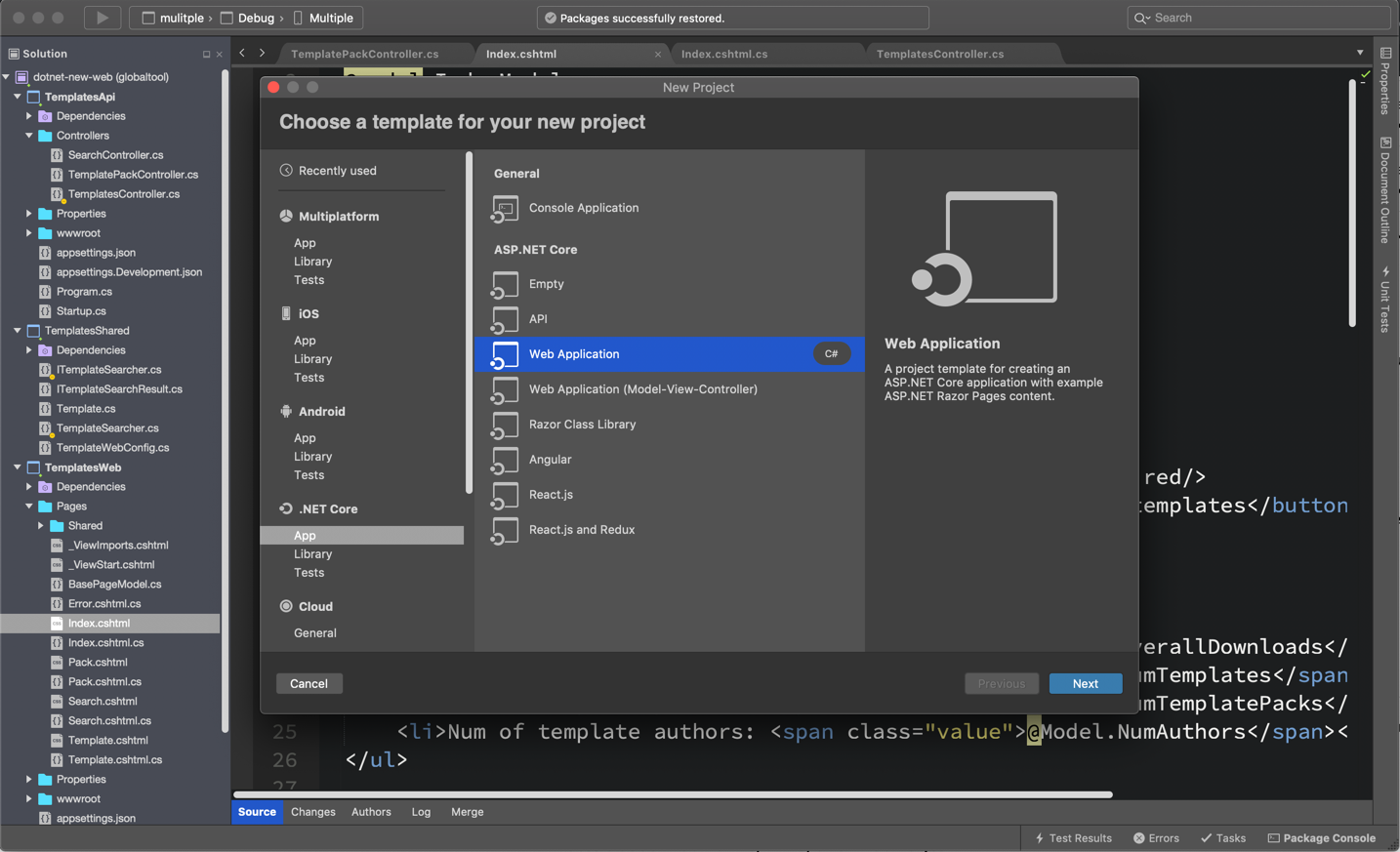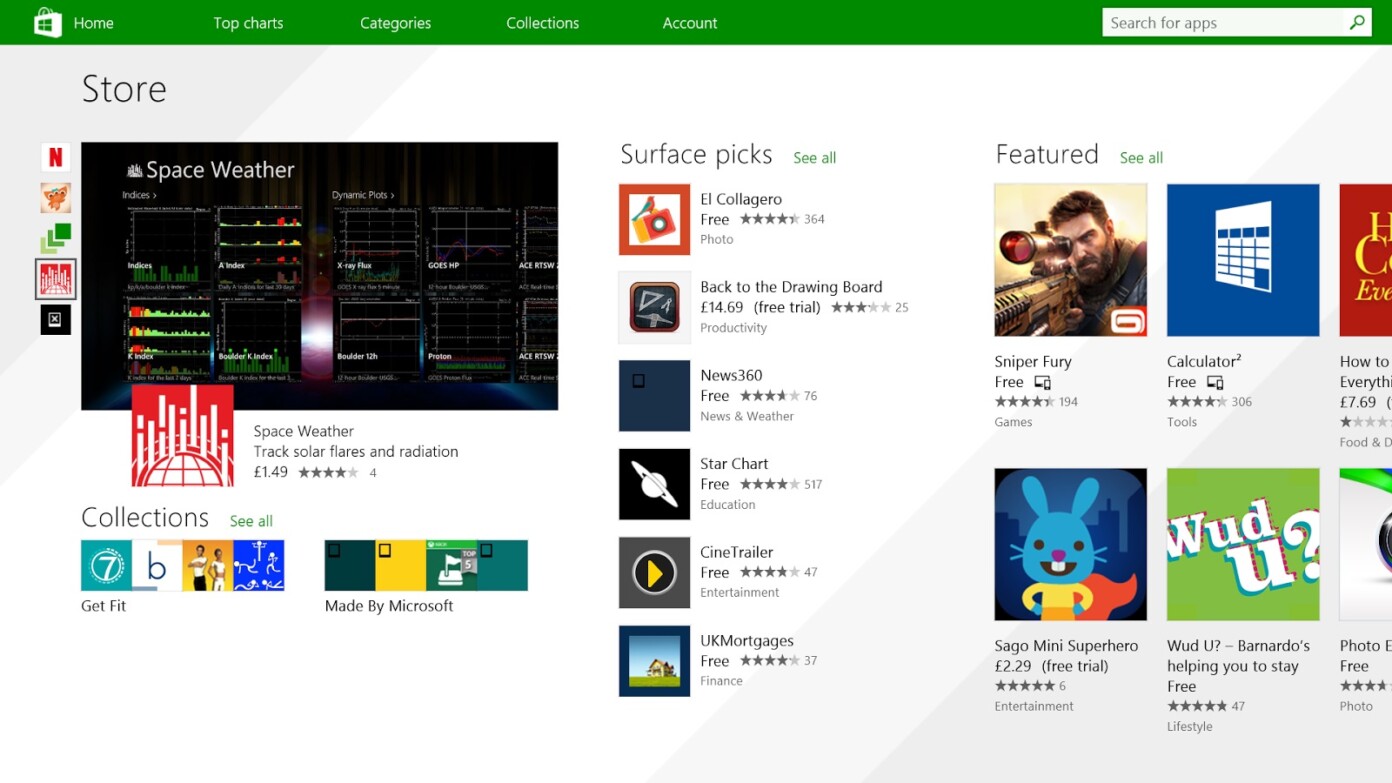

- #LATEST BUILD WINDOWS VS MAC OS VS LINUX ANDROID#
- #LATEST BUILD WINDOWS VS MAC OS VS LINUX SOFTWARE#
- #LATEST BUILD WINDOWS VS MAC OS VS LINUX CODE#
- #LATEST BUILD WINDOWS VS MAC OS VS LINUX PC#
#LATEST BUILD WINDOWS VS MAC OS VS LINUX SOFTWARE#
Since none of the Linux distributions are as widely used as Windows, many software developers do not consider it worthwhile adapting their products for Linux.

Using console commands is therefore unavoidable in Linux. Whereas many Windows users never even come into contact with the system console, in many Linux distributions, some applications can only be installed via the terminal. Nonetheless, newcomers to Linux are still faced with a number of hurdles. Today, most of the distributions have an understandable graphical user interface (GUI). It also explains why many end users are only vaguely aware of Linux. This means that none of the distributions can even hope to equal the marketing power behind Microsoft. Given that the various Linux distributions are mainly the result of community-driven projects, commercial interests are rarely the focus of further development and distribution. The kernel itself is only really operational when combined with one of these distributions. During the course of the following decades, various distributions were then developed based on this, for example Ubuntu. However, Unix is a proprietary operating system, which is why computer scientist Linus Torvalds developed an open-source alternative in the early 1990s: the Linux kernel. Its historical background lies in the 1960s, with the development of Unix. To be precise, ‘Linux’ as such does not actually exist.
#LATEST BUILD WINDOWS VS MAC OS VS LINUX CODE#
Moreover, Microsoft is still somewhat reluctant about adopting the open-source mindset, even though the very fact of making source code visible means it can be more thoroughly checked for security flaws, because it is scrutinized by more people. This is due to several factors, including the system’s widespread distribution, the type of users (in that the latter, unlike Linux users, tend to have little in-depth IT knowledge), and the complexity of the program structure, which makes it difficult to understand. On Windows systems, the favored method of attack is the introduction of viruses and malware. In addition, there are also Microsoft’s own products, primarily the Office Suite, which very few users are willing to do without.īut market leadership also has its disadvantages: Computers running Windows are more frequently subject to cyber attacks.


Practically every program released today is compatible with Windows, whereas with other operating systems, it’s not uncommon for there to be no compatible version, because the development effort involved would be too great for too small a target audience. On the other hand, the fact that Windows has been the market leader for so many years is what gives it one of its biggest advantages as far as users are concerned: the range of software available for Windows is unmatchable. Windows users all know, for example, that the system crashes from time to time, and the blue screen of death has become legendary. However, Microsoft has also always been subject to a lot of criticism. And at the same time, it is the user-oriented design of Windows which has made it so successful. Indeed, one of the reasons for its popularity is that most people are familiar with using it. Windows has been around since 1985, and ever since its first release it has had a decisive influence on the functions and design of graphical operating systems. But that’s an entirely different, and even older, argument.
#LATEST BUILD WINDOWS VS MAC OS VS LINUX PC#
But if you own a desktop PC or laptop, the chances are that you probably have Windows installed – unless of course you’re an Apple user.
#LATEST BUILD WINDOWS VS MAC OS VS LINUX ANDROID#
In the mobile sector, Android has gained in popularity, and given the incredible speed at which the smartphone market is developing, Windows is no longer able to keep pace. Microsoft Windows has been top dog in the world of operating systems for decades, only really suffering losses in recent years.


 0 kommentar(er)
0 kommentar(er)
